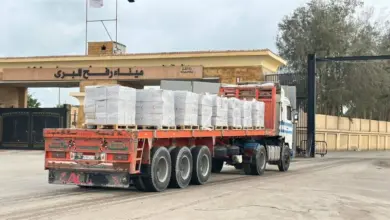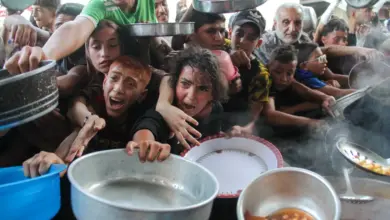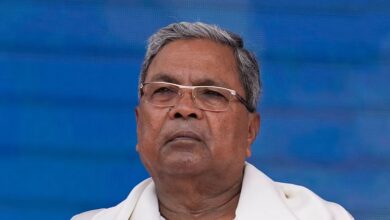
In November 2016, in conjunction with a medicine shortage caused by the flotation of the Egyptian pound, a group of Facebook users decided to create the “Facebook Pharmacy”, which allowed thousands of members to provide each other with free medicine and critical treatment advice.
Two years later, the group’s founders have established a charitable organization named “al-Roushetta” (The Prescription), with the aim of delivering medicines to the needy, given the ongoing shortage of drugs for cancer patients, hemophilia, muscle atrophy and other chronic diseases.
Sameh Samir, chairman of al-Roushetta, told Al-Masry Al-Youm that the association was founded after the launch of the Facebook group, which now helps 4,000 patients of all ages.
As all members of the group are either patients looking for rare medicines, or volunteers helping in the search for these drugs, Samir’s organization was founded to continue the goal of providing patients with otherwise inaccessible medication
Several months later, the group helped to establish actual pharmacies in a number of governorates, providing medicines to the needy free of charge, in cooperation with NGOs that have lists of urgent patients, Samir said.
NGOs and volunteer pharmacists distribute the medicine after checking the medical prescriptions of each patient, according to Samir.
These pharmacies were established in the governorates of Ismailia, Minya, Alexandria, Cairo and Daqahliya.
Samir mentioned that donations of medicines through the Facebook group reach patients through voluntary shipping companies.
The group helped with providing infant formula, penicillin and other critical medical treatment at the time of shortage through campaigns on the group, he added.
In August, the group administrators founded the al-Roushetta charitable society in order to work under a legal umbrella, and to establish their own pharmacy and hemophilia treatment center.
The organization has specific conditions regarding donated medicines, the most important of which include not accepting liquid medicines that have been opened, checking the validity date of the medication, and not accepting drugs that are listed on the drug ban list, according to Samir.
The idea of the group and the Roushetta association, Samir added, helps to eliminate the black market. Instead of traders selling these drugs illicitly, the association distributes it for free to patients in need.
“We have volunteers abroad as well, to help get medicine that is not available in Egypt,” he continued.
4,000 patients also receive treatment monthly through the association, including hemophilia and muscular dystrophy patients. The association also cooperates with medical institutions for liver, heart, burns, and others to provide treatments for those who are unable to reach required treatment.
On religious and official events, the association distributes, in cooperation with Mirsal Association and others, therapeutic donations to patients. Rather than the normal practice of distributing a foods bag, a bag of medicines is distributed, Samir added.
The cooperating Mersal organization was established by a young group of health workers in 2015. It seeks to provide all forms of high-quality medical care to the poor, to spread medical awareness, and to establish a comprehensive health insurance system that works in parallel with the existing governmental system.
Heba Rashed, founder of Mersal, told Al-Masry Al-Youm that like al-Roushetta, the association examines poor people upon their request, and provides medical treatment for them for free.
The organization aims to alleviate the pain of financially-disadvantaged patients on official waiting lists, those with chronic diseases, and those who cannot provide the expenses of their medications.
Diseases such as rheumatoid are not covered by the state’s health insurance, and so the association tries to cover the expenses of its victims, she said.
Mersal helps with carrying out surgeries of cochlear implantation for children older than 5 years, and the treatment of patients with tumors who are not covered by state healthcare, Rashed added.
Edited translation from Al-Masry Al-Youm




